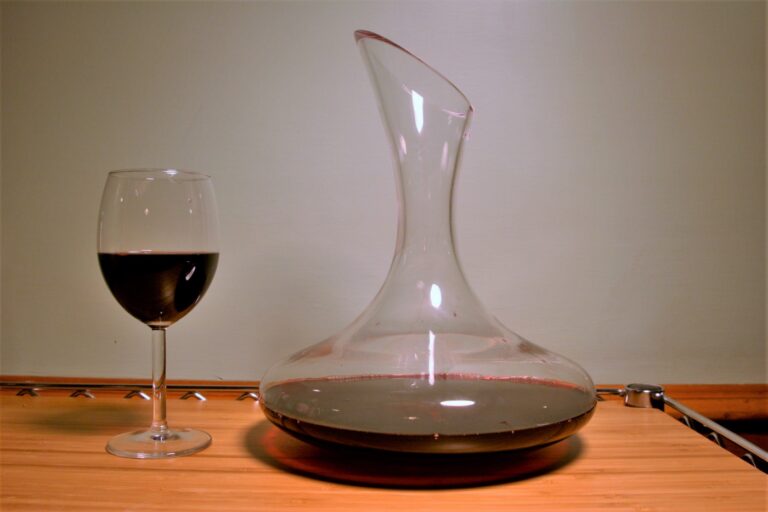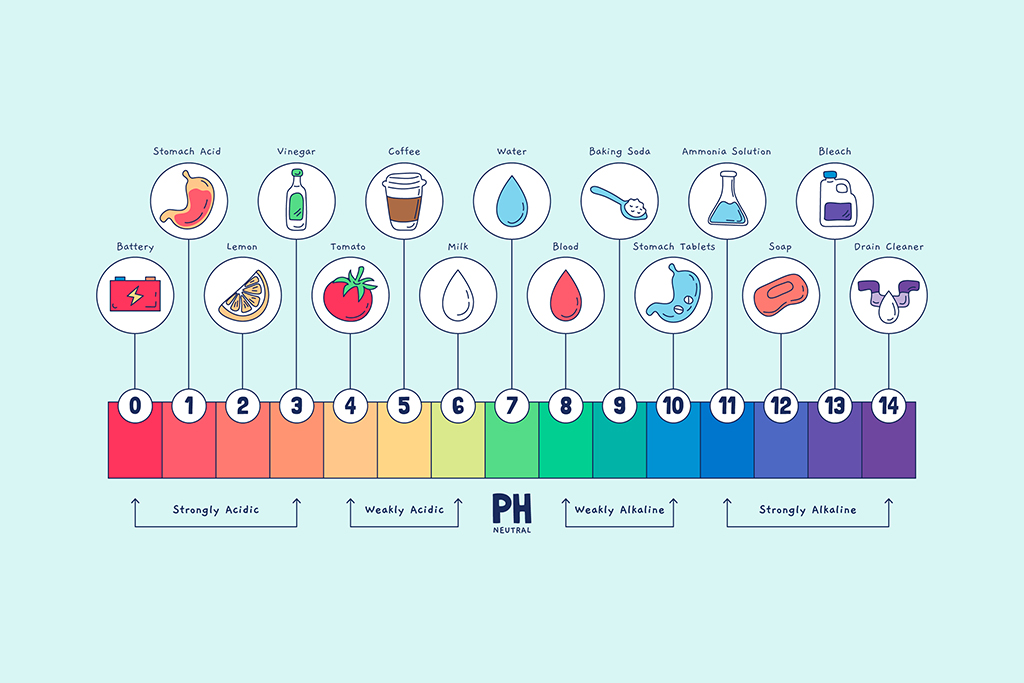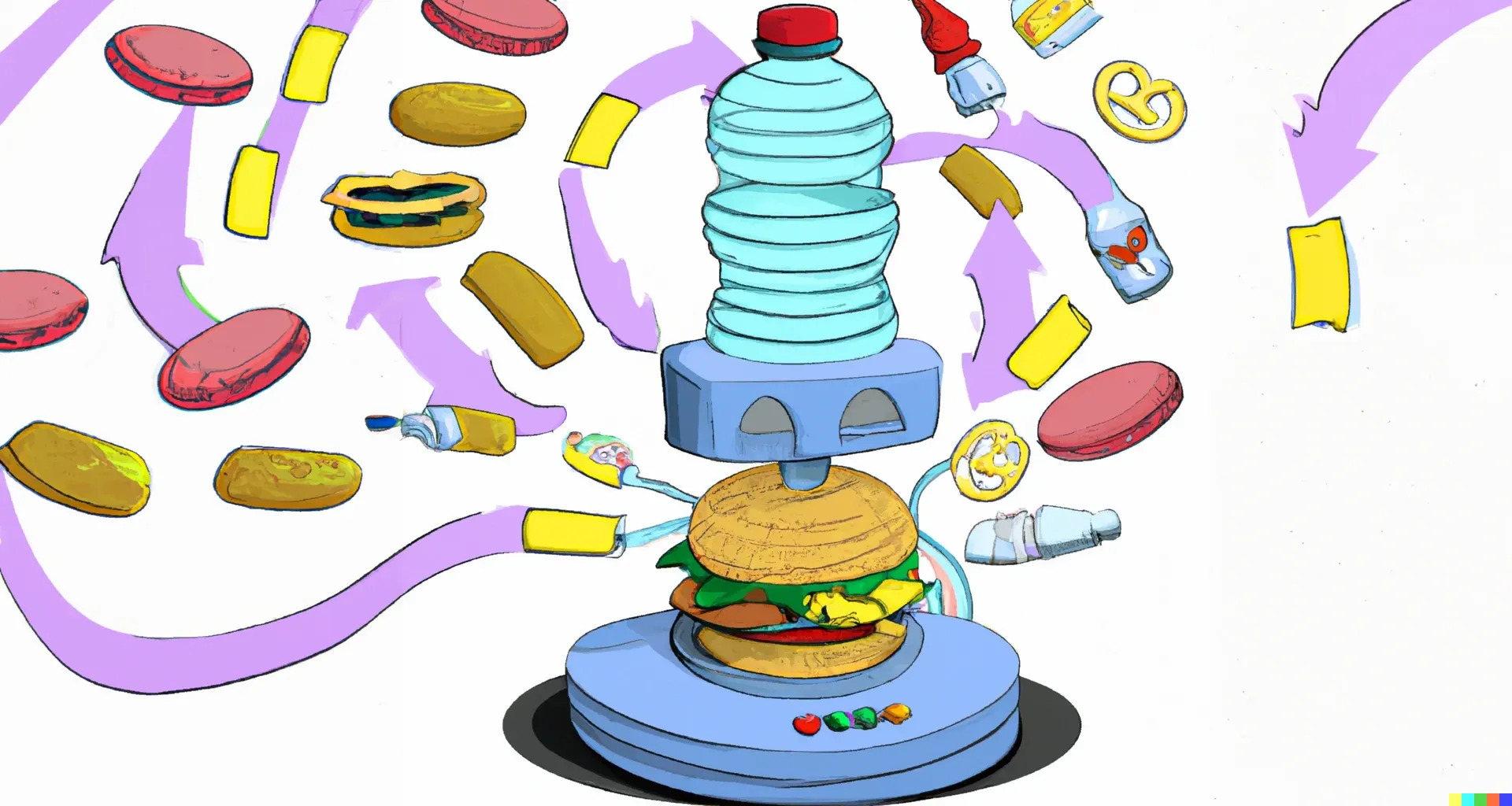But, I’m slowly being convinced otherwise


Have you ever watched someone decant wine?
It’s always struck me as a stunt. Some weird ritual that fancy restaurants invented to make the rich feel special.
If you haven’t heard of decanting — it’s the process of pouring a bottle of wine into another piece of glassware and letting it sit for 10 minutes to 2 hours. The glassware can be all sorts of funky shapes and sizes, but it’s meant to expose the wine to oxygen.
It’s this process of “oxygenating” wine that has always struck me as absurd. I mean wasn’t the wine bottled and corked specifically to keep oxygen out?
And it seems like only a few days after being opened and exposed to oxygen, a bottle of wine turns into vinegar.
You could say I was a skeptic.
But, I’m willing to listen, especially if any scientific data is involved (I can never seem to turn off that science-y part of my brain).
And with some digging I was able to unearth a handful of scientific studies that probed into the effect of decanting. To my surprise, there seems to be growing evidence of the positive effects of letting wine rest. That it can actually alter the taste and flavor of the wine.
Here’s what I’ve learned so far.
Lose those puckered lips


Have you ever taken a sip of red wine and felt your lips instinctually pucker up? Or, maybe your mouth feels like it’s drying out?
This is our natural response to astringency.
Astringency isn’t a flavor, but rather a feeling or tactile sensation in your mouth. It’s the result of tannins in the wine reacting with our salivary enzymes.
Although we expect to have tannins in wine — they’re derived from the grape skins and seeds — some red wines can have such a high concentration that the final drink is unpleasantly astringent.
Turns out, there’s an easy way to fix an extremely astringent wine. You simply need to decant it.
As the wine sits exposed to the air, it undergoes a process known as micro-oxygenation.
Here, certain chemical reactions are spurred as the components of wine interact with their new friend, oxygen. In one particular reaction, a compound called acetaldehyde is produced. This molecule is the key to riding wine of astringency.
Acetaldehyde is known for rapidly cross-linking with the tannins already in the wine. As more linkages are made, the molecules become so large they sediment to the bottom of the vessel.
As more tannins are pulled out of the wine by acetaldehyde, the astringency of the wine decreases.
Tah-dah!
No more puckering your lips.
Ditch the eggy, onion smell


As soon as the bottle of wine is uncorked, the process of evaporation begins.
This means certain molecules vaporize and move from the wine into the air. The wine industry refers to this as “blowing off.”
Blow off includes certain aromas we would prefer to rid the wine of. This includes sulfurous compounds that are known for a rotten egg, garlic, or onion smell.
One study found that by decanting wine for as short as 10–30 minutes, the aroma begins to accentuate more fruity and oak notes rather than the sulfurous compounds. And when these wines underwent chemical analysis, the decanted wines could be distinguished from the non-decanted wines. Proof that decanting really is changing the wine.
Which wines should be decanted?


Younger red wines that have been aged between 3–10 years are the main benefactors of the decanting process.
Since red wine is aged in corked bottles, it tends to accumulate harsh flavors and those astringent tannins. Allowing the wine to rest means the flavor has some time to soften as certain molecules evaporate and the tannins are removed.
Older vintages of red wines are decanted but for a different reason.
These bottles accumulate a lot of sediment as they are aged which makes the wine feel gritty and appear cloudy. Decanting is a simple way to remove these large particles.
Generally, there’s no need to decant white wines.
Compared to reds, white wines aren’t aged long enough for any sediment to form. They also don’t contain a large amount of tannins since these are derived from the grape seed and skin, neither of which is used to produce white wine.
For white wine simply open the bottle and drink.
I don’t know about you, but I was pretty adamant that decanting was a scam.
I’m someone who needs to see some studies and data before I back something like letting wine “breathe.”
But, as the results begin to pile up and compositional changes are being reported, I’m becoming convinced.
So, the next time you plan to crack open a bottle of red, let it breath for a couple of minutes. I’m curious if you’ll be able to taste any difference.







3 Responses
Very interesting ?
Hi I am so delighted I found your weblog, I really
found you by accident, while I was researching on Google for
something else, Anyhow I am here now and would just like to say thanks for a incredible post and a all round entertaining blog (I also love the theme/design), I don’t have
time to look over it all at the moment but I have saved it and
also included your RSS feeds, so when I have time I
will be back to read more, Please do keep up the excellent job.
Thank you so much for your kind words!